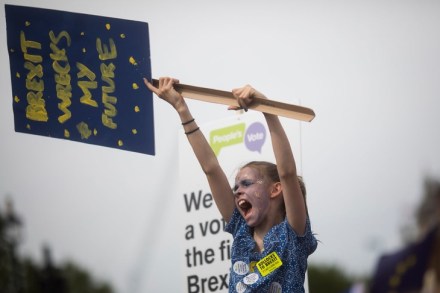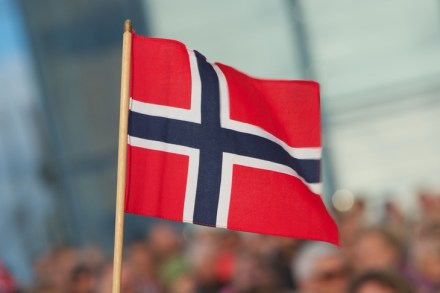Why politicians should fear Project Fear
‘Project Fear’ didn’t work out in the 2016 Brexit referendum, with voters turning against the ‘experts’ maligned by Michael Gove and other Leave campaigners. So it’s strange to see the Conservatives reigniting it again in the run-up to Tuesday’s vote on Theresa May’s Brexit deal, warning of six months of disruption at Dover and other ports in the event of no deal. There’s no evidence that this squeeze message is really going to work on Tory MPs and whittle down the scale of the expected defeat next week. The return of Project Fear is also a reminder of the danger of a second referendum for those who hope that it




















